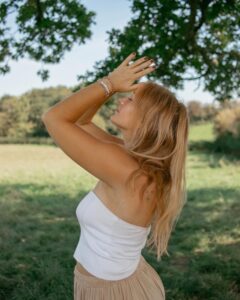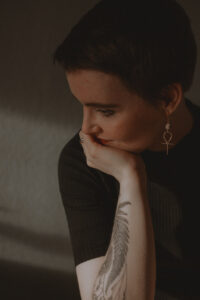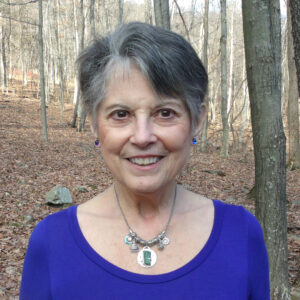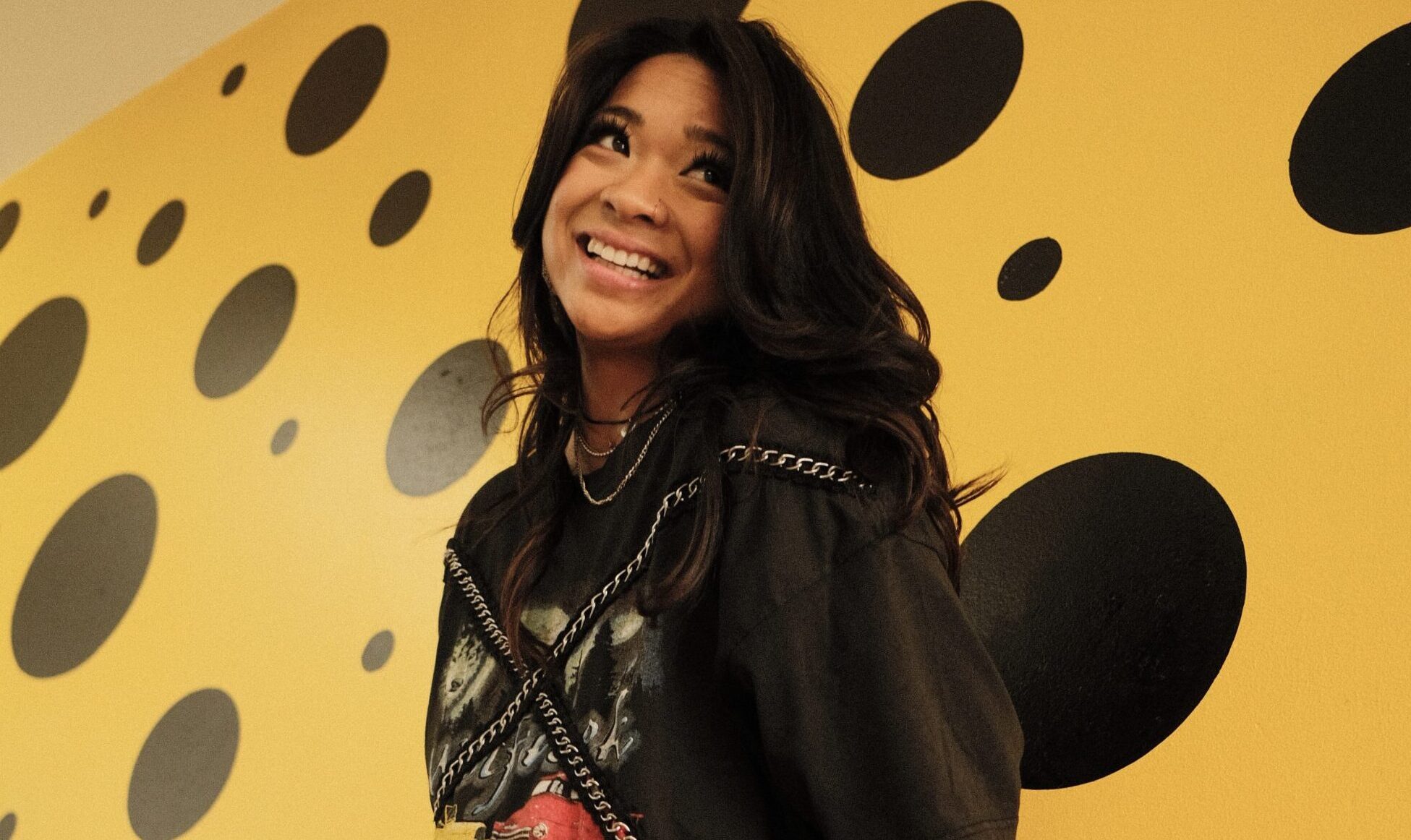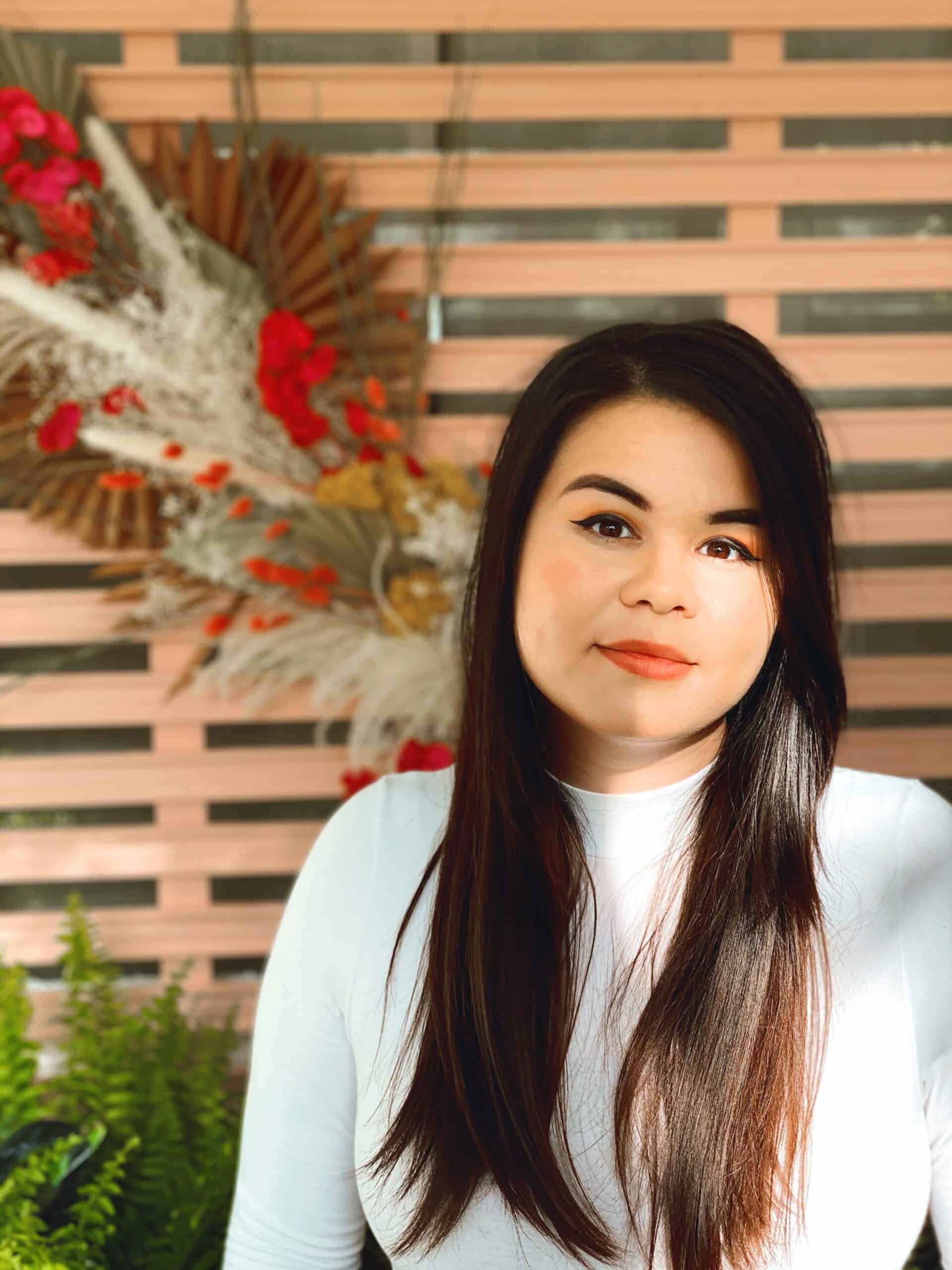Veronika Stetska’s journey as a poet and writer is a testament to the power of creativity, resilience, and self-expression. From filling her childhood journals with songs and poems to publishing her heartfelt poetry collection “Naked Soul” during the tumultuous period of the COVID-19 pandemic, Veronika has embraced her passion for writing with unwavering determination. Her experiences, shaped by her Ukrainian heritage and life in New York, have infused her work with a rich tapestry of cultural depth and personal insight. In this interview, Veronika shares her inspiring path to becoming a published author, offers invaluable advice to aspiring women creatives, and reflects on the profound sense of empowerment that fuels her life and art.
What initially drew you to writing poetry and sharing your work with others?
I have always been fond of writing since I was a child. I remember filling all of my journals and notebooks with diary entries, song lyrics that never made it out of my personal journals, and poems. I distinctly remember a high school writing project that I worked on for a Creative Writing class that allowed me to truly channel my creativity. We were asked to create unique poems and then share with the class based on different themes. The words just came out naturally and I felt really proud of my work. I also remember attending writing workshops at Sarah Lawrence College in Bronxville, New York and sharing my work at stand up poetry. I never dreaded writing poems for an assignment — in fact, they made me giddy with excitement. Before I wrote my own poems, I collected poetry books from authors like Robert M. Drake and Courtney Peppernell. I kept my work in several notebooks and it wasn’t until the start of the COVID-19 pandemic that I considered self-publishing my work while working full-time after being a student. I thought to myself “the possibilities are endless during this time.” When I started working full-time as a copywriter after graduating, I had many creative ideas and I decided it was time to put my work out there.
Can you share a bit about your personal journey that led to the creation of “Naked Soul”?
Naked Soul is an important poetry book to me and always will be. I love to reminisce about the beginning stages of releasing it. I struggled with coming up with a title because I really wanted the title to encapsulate the bigger picture. It’s an emotional and vulnerable piece of work that deals with important life moments. I was hesitant about releasing my work because it’s personal to me. Vulnerability coupled with storytelling is a powerful skill that fosters human connection. I think 2020 made us all realize the importance of connection during a period of isolation.
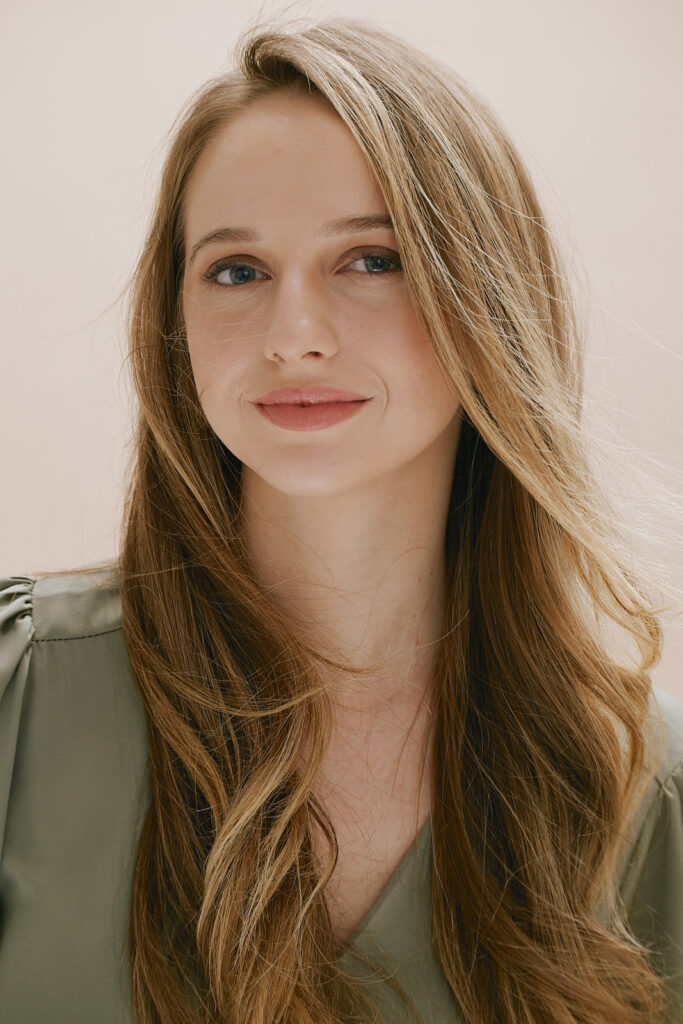
What advice would you give to other women who aspire to share their creative work with the world?
I understand that sharing your work with the world can seem daunting, and I sympathize with women who feel the same way. We’re plagued with the thoughts of “What if my work isn’t good enough?” or “How will people view me after this gets released?” My advice is to challenge your inner critic and publish anyway because there will be an audience — even if it’s just one or two people at first — who are there to listen, read, or support you. We live in a digital age where there are people who are eager to engage with your work. I’ve found that strangers online can be some of your biggest supporters. Prior to 2020, I didn’t know anything about Amazon’s Kindle Direct Publishing service. I thought it would be a difficult process to publish work without a publisher or an agent. As it turns out, nothing worth having comes easy. Even when self-publishing, you have to format your work, meet certain guidelines, edit extensively, create a book cover and handle other things that may come up along the way. I did my research and eventually figured out who to navigate the platform. I was fortunate enough to work with one of my friends, Juliana Cianciotto, a talented graphic designer. She designed the book cover, and it came out exactly how I pictured it. For women who choose a different route than self-publishing, there are many social media outlets that allow you to share your work with the world. You can post on Instagram, TikTok, start a podcast — the possibilities are endless. The question remains: are you willing to work for what you want?
In what ways has your background or cultural heritage shaped your writing style or themes?
I’m a first generation Ukrainian American. I came to the United States at around three years old with my parents who were in their 20s, which was also a hard time for them to navigate life in a new country and try to assimilate into a new culture. I grew up in New York but I still have family
in Ukraine and I speak Ukrainian fluently with my parents. One of my favorite aspects about growing up in New York is being surrounded by so many cultures and backgrounds. For example, there is a large Ukrainian community in the East Village in Manhattan, where you can find authentic Ukrainian food and stores. The same applies to communities in upstate New York. I take pride in being connected to my cultural background. My friends always wanted to know more about my Ukrainian heritage — they were fascinated about Ukrainian dishes, Ukrainian clothing — such as the Vyshyvanka, which is an embroidered shirt — and Ukrainian music. My parents always emphasized the importance of staying connected to my Ukrainian heritage through language. I naturally gravitated to learning languages growing up and I was determined to learn about all aspects of Ukrainian culture. There are many famous Ukrainian poets that I looked up to when I was younger, including Taras Shyvchenko and Lesya Ukrainka. Reading great work from American, Ukrainian, and poets from various backgrounds helped me tap into my passion for writing poems. Growing up, I wanted to thrive in the creative world and told my parents that I dreamed of being an editor or journalist. I’d like to think I also encouraged them to find their passions and tap into their creative sides. Everyone has a story to tell. New York raised me, but I will always remain true to my roots and carry them with me wherever I go.
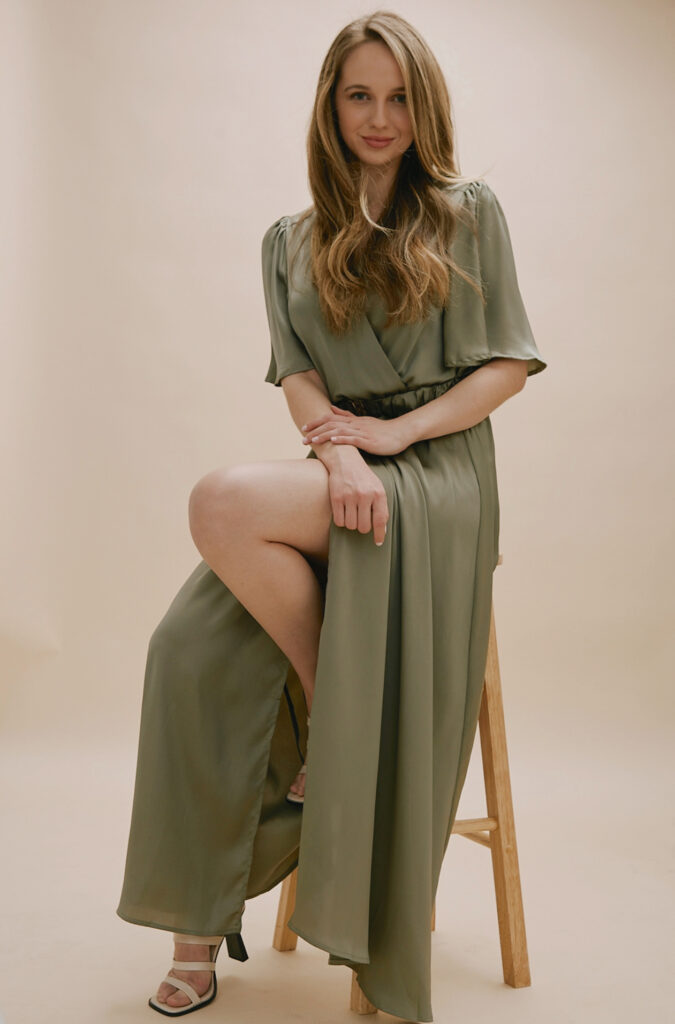
How do you overcome writer’s block or periods of self-doubt in your creative process?
I think writer’s block is common for every writer, editor, and author. This has nothing to do with not being a good writer, but rather how to be more strategic with your approach. Reading other people’s work or taking advice from others are things that encourage me to persist. I feel inspired by talented writers and creatives. As a copywriter, I look for ways to become a better copywriter. I am subscribed to Eddie Shleyner’s blog/newsletter called VeryGoodCopy. He sends out regular emails on copywriting and content. I also like to listen to podcasts on entrepreneurship for a boost in confidence. A walk outside helps as well. When I’m ready to get back to work, I feel more confident and creative. Allowing people to read my work for a second opinion also helps alleviate any self-doubt I have; this feedback helps me improve my writing skills. Feedback — whether good or bad — helps move the creative process along.
Lastly, what does empowerment mean to you as a woman, and how does it influence your work and life philosophy?
Empowerment means tapping into all of your natural abilities, passions, interests, and hobbies. If you ever had a hunch to do something, take that as a sign to pursue it. Some of the best talents and ideas are undiscovered. I always thought that there is a “perfect time” to do something when it comes to creativity, but as I get older, I realize that it’s not true. The “right time” to pursue something doesn’t exist. If I can tell any woman who’s interested in launching a business, starting a podcast, or exploring a new hobby, it’s this: there is no right time to start — start today. My life philosophy is to always move forward, no matter the obstacles in your path. Take everything as a lesson, reflect, and always maintain a forward-thinking approach in life.

